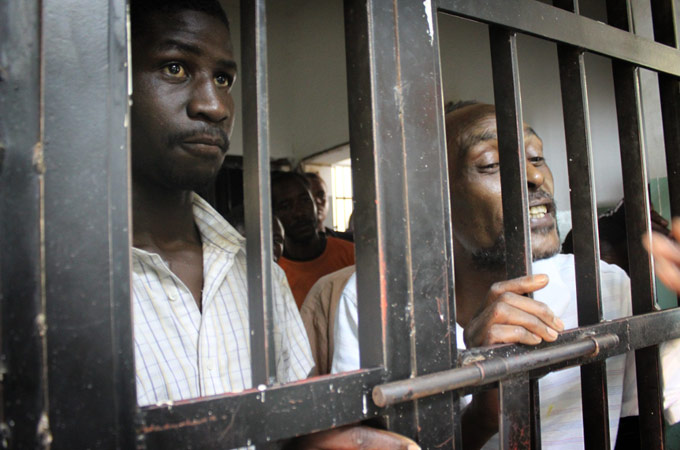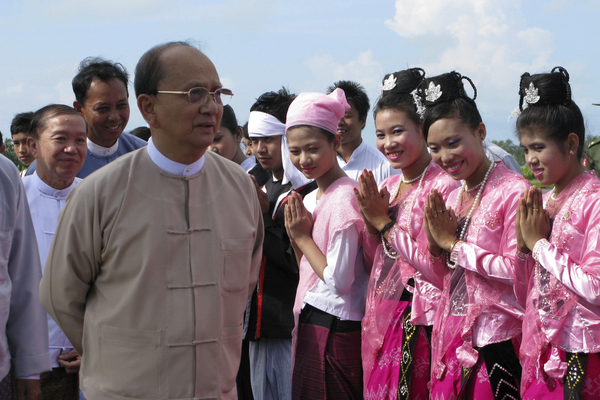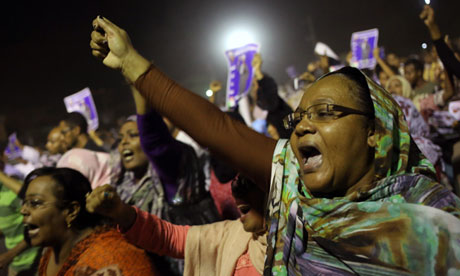by Tony Iozzo
Impunity Watch Reporter, Europe
BRUSSELS, Belgium – Seven Bosnian leaders agreed to end their country’s constitutional ban on minorities running for elected office on Tuesday, which has effectively cleared the country’s last major obstacle to applying to join the European Union.
The leaders, all from Bosnia’s main political parties, met in Brussels on Tuesday and agreed of “the necessity to implement the judgment urgently by providing every Bosnia-Herzegovina citizen with the right to stand for election to…Presidency and House of Peoples,” the leaders stated in a joint statement issued on Tuesday.
In 2009, the European Court of Human Rights ruled against discrimination against minority groups such as Roma and Jewish people. Bosnia, accordingly, has been blocked from applying to the join the EU due to this former constitutional provision. This has led to an impasse in accession discussions.
The talks occurred in part because EU officials had begun issuing warnings of a cut off in potentially hundreds of millions of euros in funding from the Union that has traditionally been used on reforms and development of local infrastructure.
As Bosnia’s economy is still recovering from the 1992 to 1995 war, EU accession accession and reforms have been essential for the country to attract foreign investors to the Bosnian economy. As far as Bosnia’s former Yugoslav neighbors, Montenegro has also begun accession talks, Croatia joined the EU this past July, and Serbia is to begin discussions in January.
The ethnicity of Bosnian citizens has been a hot-button issue in the country since the mid-90’s war that killed an estimated over-100,000 people and divided the country into two autonomous regions which are linked by a weak central government. This Brussels agreement has come just as Bosnia is launching its first census as an independent state, which has partially revived ethnic rifts.
Stefan Fuele, EU enlargement chief, stated he hoped the agreement would make it possible for the European Commission to issue a positive annual report on October 16 on Bosnia’s progress towards meeting EU standards on human rights and democracy.
Fuele stated he hoped the report would “open the way for a credible application of Bosnia-Herzegovina to become a member of the European Union”.
The Bosnian leaders’ joint statement did not go into specific detail on just how or when the proposed constitutional alterations would be made. The leaders promised to work out details of the agreement before resuming talks in Brussels on October 10.
For more information, please see:
EU Observer – Bosnia to Remove Barrier for EU Membership – 2 October 2013
European Union Examiner – Bosnian Deal Clears Obstacle to EU Application – 1 October 2013
Irish Independent – Bosnia Clears Final Hurdle on Road to EU Membership – 1 October 2013
Reuters – Bosnian Deal Clears Obstacle to EU Application – 1 October 2013


